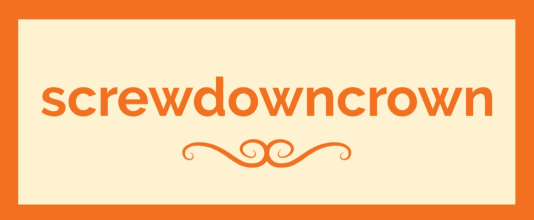Social Status & Watch Collecting - Part 1
The Psychology Behind Why We Really Buy Watches
I decided to refresh an old post from 2021 after I was about to link to it, and realised it needed revision. The original didn’t get many views anyway (and SDC has grown a lot since then) so I am sure this will be worthwhile for both new and old subscribers. Besides, I think the topic is genuinely worth revisiting. 😊
Estimated reading time: ~ 12 minutes
Social status is formally defined as “a person’s standing or importance in relation to other people within a society” and yet, people often think of status exclusively in terms of wealth. This is nonsense.
In reality, the concept of social status is at play everywhere; it is in every situation where we get the feeling that we are of value to other people, or where where we feel an iota of elevation in our relative social position. The universal human desire for status greatly influences our culture, our behaviour, and the ups and downs of our mood. Of course, the status game is highly relevant to our hobby too, so let’s dig into it.
Origins of Status
Will Storr is a pretty interesting chap who has written quite a few books. I’ll primarily talk about only one of these books here, but before I do, I thought I’d set the scene with some context from another one of his other books: “The Science of Storytelling”.
To summarise: the brain is a ‘storyteller’ and our conscious experience of life is some sort of ‘heroic story’. The problem is this heroic story veers into delusion, implying there is some sort of disconnect between the conscious and subconscious mind.
After publishing that book, Storr wrote “The Status Game” in which he explains what’s going on in the subconscious mind. That’s the book I’ll reference here.
Most living things compete for status, because ‘status’ improves their survival prospects. For humans specifically, the history of our evolution does a decent job of explaining how we view status today. Having started off in hunter/gatherer groups, competing for status in that context was about being valuable to the group you were in - either by being virtuous (courage, generosity), or competence (hunting prowess, entertainment skills). The fundamental feeling was one of “being valuable.” So, he argued, when we feel that we are ‘of value’, we experience a “status boost.”
Modern Relevance of Status
Status is present everywhere, and takes infinite forms.
“You cannot have a social encounter without playing the status game”
Will Storr
Status manifests in many different forms: attractiveness, youth, education, or - surprise! - owning nice watches. You can also get status indirectly; perhaps you are a great watch-purchase advisor, or you might have really well-behaved children. It’s all about your own relative social position in your group of reference.
According to Storr, our brains come with a built-in “status detection system” which constantly monitors for evidence or cues about our status relative to other people (as well as monitoring other people’s status). This system is incredibly sensitive, and some of the most inert details carry a surprising amount of data - we just never realise this.
Here’s an example: if a waiter pours orange juice for you and someone beside you, but gives you slightly more, your brain registers a “status boost” just for receiving more. Conversely, receiving less in your own glass will trigger a subtle “status loss.” The critical insight is that this is all taking place subconsciously.
Sure, you probably wouldn’t confront the waiter, but your body still processes the status implications of the encounter. As the status detection malarkey is going on, your brain potentially alters hormone levels or triggers neurotransmitter releases like dopamine or cortisol too. The point to grasp is this system can’t be turned off - it is happening all the time, in all circumstances, whether we like it or not.
A superb example of this is how people feel when watching their favourite sports team win a game on TV. Studies have shown that men experience a testosterone boost in these circumstances; and of course, the same is true in reverse when their team loses1!
Clearly the most interesting takeaway from the book was that it is impossible to NOT care about status. People often say they don’t care about status, and some make a point of saying status means nothing to them. They are lying to themselves 😂
Storr argues that the very nature of declaring you don’t care about status, is another way of ‘showing off‘ or using this personal trait to gain status… i.e. “I’m better than you, because I don’t care what other people think of me.”
Apparently the only real way to truly not care about status, is to become a Hikikomori, which is basically impractical for most people!
How Do We Gain or Lose Status?
Gaining Status
Dominant status isn’t about violence or physical aggression per se; it is more about how we react when we are faced with a threat, and the threat we pose in return. Of course, in the animal kingdom this is the primary way of establishing status, but for humans it is less about physical dominance and more about the threat of humiliation – which is what humans want to avoid. An example of this might be an average collector having an argument with F.P. Journe about his watchmaking; I don’t know anyone who would do this in a hurry, because it is probably accepted that he knows more than you, and if you do have the argument, he might berate you and embarrass you 🙂 (lower your status).


